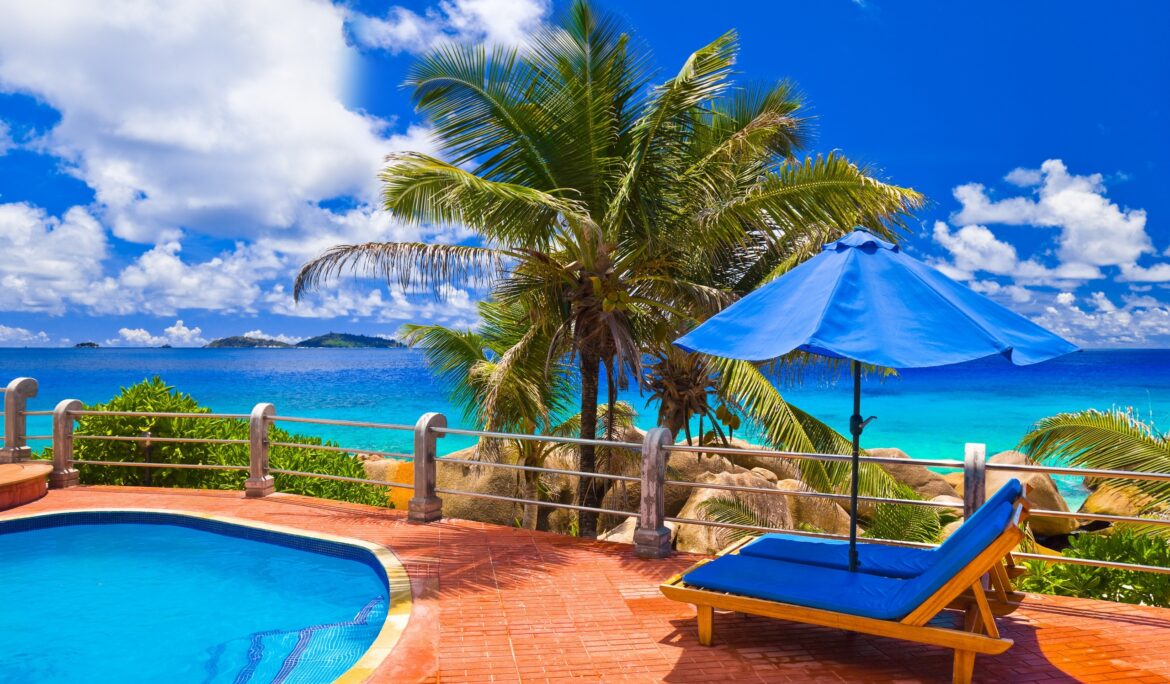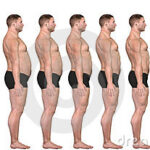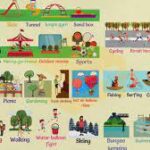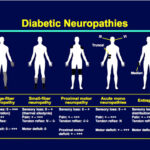Summer is here again. Here, in the Middle east, there are just 2 seasons, summer and a cool season ( not exactly winter). The months from October to March are the months when the mercury drops to pleasant levels. The remaining part of the year is generally quite hot and dry. There are areas in the Middle East where the winter months can be at sub zero temperatures. Many people flock to such places to enjoy the temperature during those times. There are a lot of people from around the globe who constantly live in very cold climates and they look forward to the summer here to get a good tan or just bask in the sun. Vitamin D levels are linked to the exposure to effective sunlight. Though there is plenty of sunshine in some parts of the world , people do not go out in the sun or even if they do, they are covered in their traditional dress so that the exposed areas are minimised. Liberal usage of sunscreen lotions also plays an important role in the development of Vitamin D deficiency.
Sun screen lotions have been marketed by many companies. It is useful to know all these lotions come with a Sun Protection factor (SPF). This number measures how well that lotion will protect from harmful UVB sun rays. These do not protect from harmful UVA rays of the sun. If your skin will burn in 10 minutes of exposure to bright sunlight, a lotion of SPF 15 will protect from sunburns for 150 minutes approximately( 10 x 15). This will of course, depend on the skin type and also the activity being done in the outdoors. Please also note that a lotion of SPF 50 will not mean it will protect 2/3 times more than a lotion with SPF 30. All these lotions may be allergic for those with sensitive skin. Try out a small sample on your wrist and see if okay before purchasing. For effective sunscreen, douse on the lotion at least 30 minutes before going outdoors. Rub in a good measure till the white color of the lotion disappears. Coconut butter (available from the germinating coconut) is a good natural sunscreen. One can periodically apply the sunscreen depending on how long one will be outdoors and also depending on skin type. Cold yoghurt can help in removing the itching and irritation after getting sunburns. The skin becomes red soon after it is burnt and may start peeling off the next day. Many remain in the swimming pool to be away from the heat. But, if in an outdoor swimming pool, the part of the skin exposed may get burnt without ones knowledge until he or she gets out of water. Use wide hats, remain in the shade from time to time and hydrate well also help.
Tips handling the summer:
Hydration with fluids:
• Be well hydrated with non sugary drinks
• Stay off alcohol, caffeinated drinks, fizzy drinks and sports drinks
• Plain water is a good source of fluids- which has no calories
• Tender coconut water is good for hydration
• Pocari sweat can increase the sugar levels for many
• Watermelon juice will increase the sugar levels
• Take small frequent sips from time to time rather than a large quantity at one time.
• There are excellent mocktails made with seasonal fruits such as Pappaya, pomegranate, banana, berries with some milk and sugar if needed. People add a squeeze of lemon with mint leaves to enhance the flavor and cool the body. It need not be chilled to give a cool feeling. The throat may get inflammed by taking too cool drinks while climate is hot.
• Buttermilk is a healthy drink. Adding ginger or chillies will enhance the flavor.
• Dark sago seeds is cooling. These can be soaked for an hour or so and they swell to form light black small jelly soft globules. These can be added to the juices made at home.
Heat Exhaustion
This happens when one does vigorous exercise or heavy work outdoors in the sun. Muscle cramps, feeling nauseated, dizzy, having rapid heart rates and feeling very feverish can be markers pointing towards exhaustion. Some collapse due to the heat (called Heat stroke). This can be avoided by exercising in a cool place or indoors or before the temperature climbs up. Have sips of water to cool down, some even wrap a wet towel on their head or face to cool down. Have a bath in normal temperature water. Exercise at times when the sun is not hot- maybe early in the day or late in the evening.
Proper clothing
Wear cotton based clothes which are airy and help evaporate the sweat. Dress in loose sized dress and not using skin tight clothes.
• Carry on yourself plenty of water and snacks. Carry a glucometer as well. Do check the sugar if feeling dizzy.
• Store the glucometer, test strips and insulin in cool places. Never leave them in the car in the summer. There are even times when the medicines stored in blisters do get damaged when left in the car in the heat.
• One can use an umbrella or a wide hat to shade away the heat while walking.
• The eyes and skin can become very dry due to the excess use of air conditioners especially when the draft is aimed towards the face. Use a soothening eye drops which can be prescribed by the eye doctor and moisturizing creams to make the skin moist. One may have to use these quite frequently during the day.
• Remember to keep the windows of the car down a little especially when parked in the sun and also use screens to ward off the direct sunlight.
• Normally the water coming from the water taps or that stored in the overhead tanks will be quite hot. Some even get burnt due the extreme heat of the water. This can be a problem especially among those who are diabetic and who have nerve problems which prevent them from realising the water is hot. Scalds of the private areas are even seen when washing after toilet. It is best to store water overnight in large containers to prevent this from happening.















